I have of integers in Col A and in col B i want to show result 'Prime' if it doesn't have further factors for the number itself. This goes like this if the number for example is 37 result will be 'Prime' and if its 44 then result will be 2x2x11. How can i do this using excel formula? Screen shot :
4 Answers
Disclaimer: code below is ported from this very useful VB.NET example
Option Explicit
Sub Test()
Debug.Print FindFactors(2)
Debug.Print FindFactors(3)
Debug.Print FindFactors(11)
Debug.Print FindFactors(12)
Debug.Print FindFactors(13)
Debug.Print FindFactors(16)
Debug.Print FindFactors(17)
Debug.Print FindFactors(24)
Debug.Print FindFactors(25)
Debug.Print FindFactors(11234)
Debug.Print FindFactors(67894)
End Sub
Function FindFactors(lngNumber As Long) As String
Dim collFactors As Collection
Dim lngFactor As Long
Dim lngCounter As Long
Dim strFactors As String
Dim strFactor As String
Set collFactors = New Collection
' Take out the 2s.
Do While (lngNumber Mod 2 = 0)
collFactors.Add 2
lngNumber = lngNumber / 2
Loop
' Take out other primes.
lngFactor = 3
Do While (lngFactor * lngFactor <= lngNumber)
If (lngNumber Mod lngFactor = 0) Then
' This is a factor.
collFactors.Add lngFactor
lngNumber = lngNumber / lngFactor
Else
' Go to the next odd number.
lngFactor = lngFactor + 2
End If
Loop
' If num is not 1, then whatever is left is prime.
If lngNumber > 1 Then
collFactors.Add lngNumber
End If
' make a string out of collection
strFactors = ""
If collFactors.Count = 1 Then
strFactors = "Prime"
Else
For lngCounter = 1 To collFactors.Count
strFactors = strFactors & collFactors(lngCounter)
If lngCounter < collFactors.Count Then
strFactors = strFactors & "x"
End If
Next lngCounter
End If
FindFactors = strFactors
End Function
Gives an output of:
Prime
Prime
Prime
2x2x3
Prime
2x2x2x2
Prime
2x2x2x3
5x5
2x41x137
2x83x409
Can be used in a worksheet:
- 18,801
- 7
- 38
- 56
Here is a somewhat straightforward recursive version. It is based on the idea that once you identify a factor you divide the number by that factor and then turn your attention to factoring the rest.
Function Factor(ByVal n As Long, Optional FirstTrial As Long = 2) As String
Dim i As Long
Dim t As Long
Dim limit As Long
Dim rest As String
Dim s As String
If n = 1 Then
Factor = n
Exit Function
End If
limit = Int(Sqr(n))
t = FirstTrial
Do While t <= limit
If n Mod t = 0 Then
rest = Factor(n / t, t)
If rest <> "1" Then
s = t & "x" & rest
End If
Factor = s
Exit Function
Else
If t = 2 Then t = 3 Else t = t + 2
End If
Loop
'if we get here:
Factor = n
End Function
Function PrimeOrFactor(n As Long) As String
Dim s As String
s = Factor(n)
If n = 1 Then
PrimeOrFactor = "Neither"
ElseIf (s) = Trim(n) Then
PrimeOrFactor = "Prime"
Else
PrimeOrFactor = s
End If
End Function
Tested like:
Sub test()
Dim i As Long
For i = 1 To 20
Cells(i, 1) = i
Cells(i, 2) = PrimeOrFactor(i)
Next i
End Sub
Output:
- 51,337
- 7
- 54
- 119
Using LET and dynamic arrays allows for the following without VBA.
=LET(x, SEQUENCE(A1),
factors, FILTER(x, MOD(A1,x) = 0),
factorMatrix, 1 * (MOD(factors, TRANSPOSE(factors)) = 0),
primeFactors, FILTER(factors, MMULT(factorMatrix, factors ^ 0) = 2),
primeFactorList, IF(MOD(A1, primeFactors ^ SEQUENCE(1, 20)) = 0, primeFactors, ""),
factorProduct, TEXTJOIN("x",, primeFactorList),
IF(A1 = 1, "Neither", IF(factorProduct=A1&"","Prime",factorProduct)))
It works for numbers up to 2^20.
- 1,497
- 1
- 4
- 20
A slight modification to the excellent code of John Coleman above, using Mod with Doubles included below, will allow factoring integers up to Excel's 15 digit limit. Numbers with large factors may be noticeably slower. For example, 562,951,983,465,953 factored correctly as 16,777,259 x 33,554,467 in about 5 seconds on a Core i3.
Function Factor(ByVal n As Double, Optional FirstTrial As Double = 2) As String 'Changed
Dim i As Long
Dim t As Double 'Changed
Dim limit As Long
Dim rest As String
Dim s As String
If n = 1 Then
Factor = n
Exit Function
End If
limit = Int(Sqr(n))
t = FirstTrial
Do While t <= limit
If FMod(t, n) = 0 Then 'Changed
.
.
.
Public Function FMod(a As Double, b As Double) As Double
FMod = a - Fix(a / b) * b
'http://en.wikipedia.org/wiki/Machine_epsilon
'Unfortunately, this function can only be accurate when `a / b` is outside [-2.22E-16,+2.22E-16]
'Without this correction, FMod(.66, .06) = 5.55111512312578E-17 when it should be 0
If FMod >= -2 ^ -52 And FMod <= 2 ^ -52 Then '+/- 2.22E-16
FMod = 0
End If
End Function


